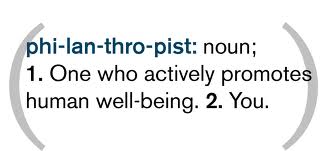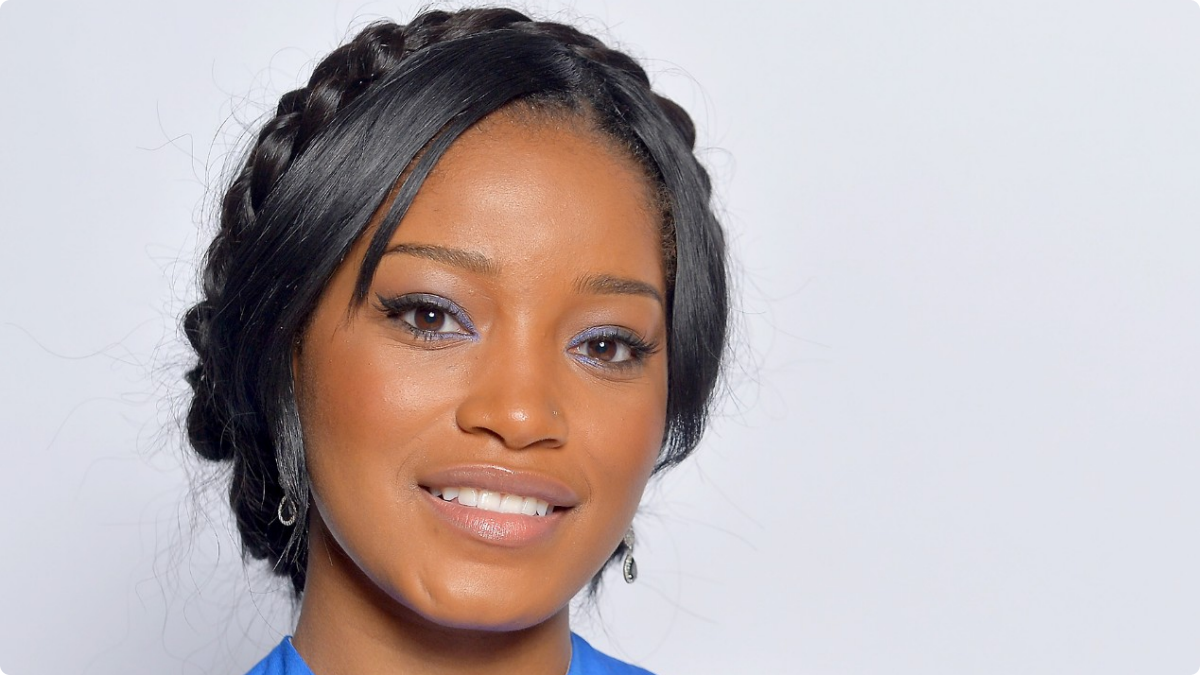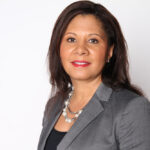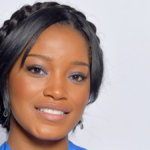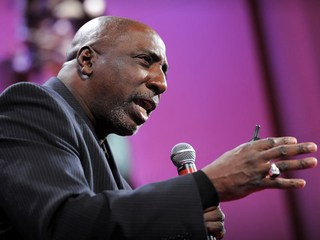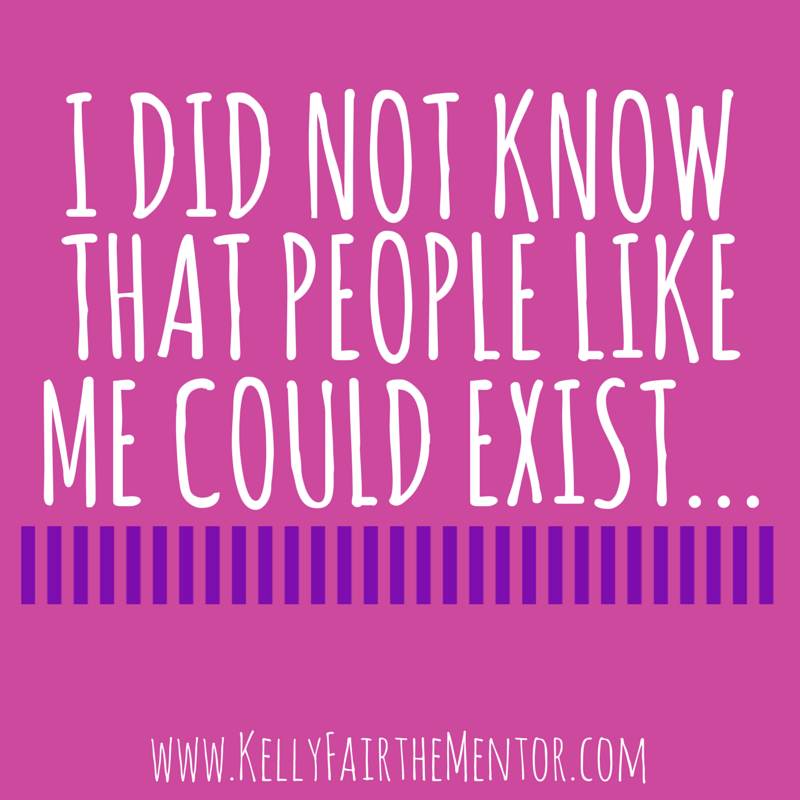As many of you know, Kelly Fair was an ambassador for the Chicago Community Trust at the On the Table Discussion Tuesday evening. We had our discussion with a diverse group of people from community service members (social workers, school counselors, etc), teachers, businessmen, and even officers of the court. She lead her topic, Investing in the Future of Black Girls, with inspiring community leaders to teach them that everyday citizens are agents of change. Kelly Fair has often focused “on the other side of the crisis”. Black girls are living and developing in the same communities as black boys, yet they do not receive as much attention. Their fight is an invisible one. Polished Pebbles, Kelly Fair, and On the Table 2015 brought a voice to that struggle.
This year, Kimberlé Crenshaw released a report, Black Girls Matter: Pushed Out, Overpoliced and Underprotected. According to Crenshaw:
Ideally, the conversation Black Girls Matter: Pushed Out, Overpoliced, and Underprotected engenders within communities and among philanthropists, policy makers, stakeholders, and advocates will lead to the inclusion of girls in efforts to address school discipline, push-out, and the pathways to incarceration, poverty, and low-wage work. We are especially hopeful that ongoing efforts to resolve the crisis facing boys of color will open up opportunities to examine the challenges facing their female counterparts.
Crenshaw and Kelly Fair agree on multiple points. Like Crenshaw, Fair believes more research, media, and communities need to focus on young, African-American women. From sex trafficking to school discipline, our girls are in danger in their very communities. As local community leaders, you are able to make changes, to be a voice for this invisible fight! We want to empower you to stand up for your community, for your young, black girls. For all of those who already have, thank you for your courage, for all of those who have yet to do so, thank you for reading our message. We want to continue our discussions! Comment, share, and spark conversation with those around you. Because together she will shine!
From Polished Pebbles and Kelly Fair, thank you to all who attended Polished Pebbles facilitated On the Table discussion. We appreciate your voice, heart, and presence. Thank you to Chicago Community Trust for allowing us to share this conversation with our community.


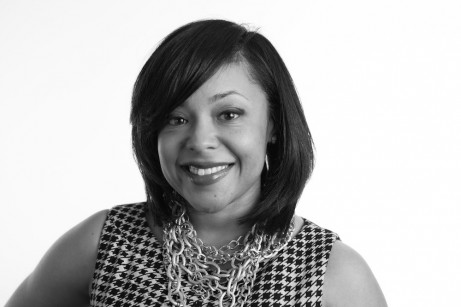
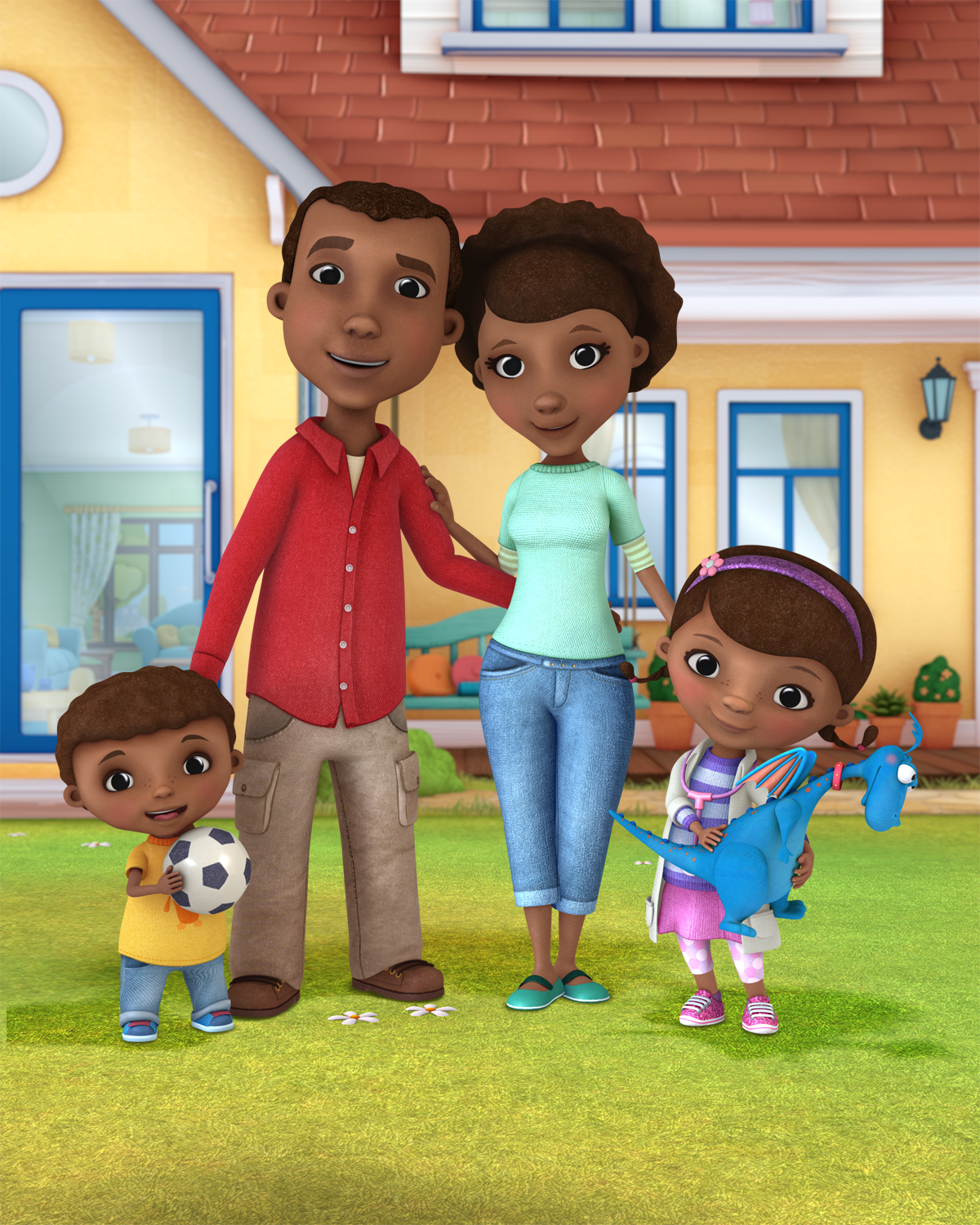
 appreciation for a line of toys (and TV show) that feature a young, black girl as the lead! The Disney Junior Program “Doc McStuffins” brings a new face to popular media. With a doctor for a mother, young “Doc” inspires to be just like her and hones her skills on her toys! While the premise of the show is simple, its impact is anything but!
appreciation for a line of toys (and TV show) that feature a young, black girl as the lead! The Disney Junior Program “Doc McStuffins” brings a new face to popular media. With a doctor for a mother, young “Doc” inspires to be just like her and hones her skills on her toys! While the premise of the show is simple, its impact is anything but!
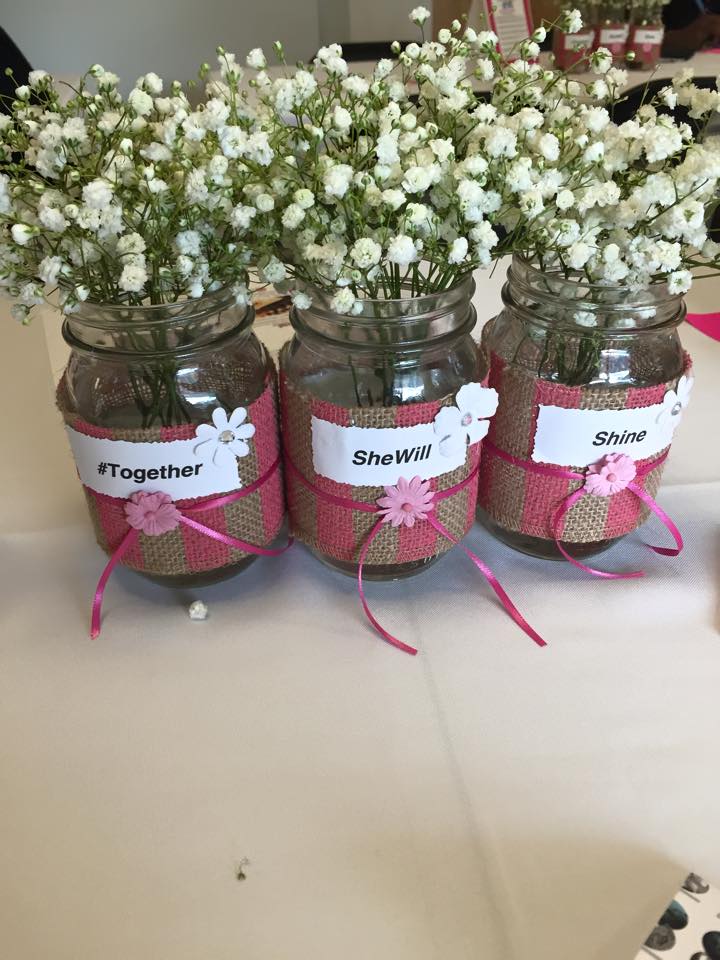

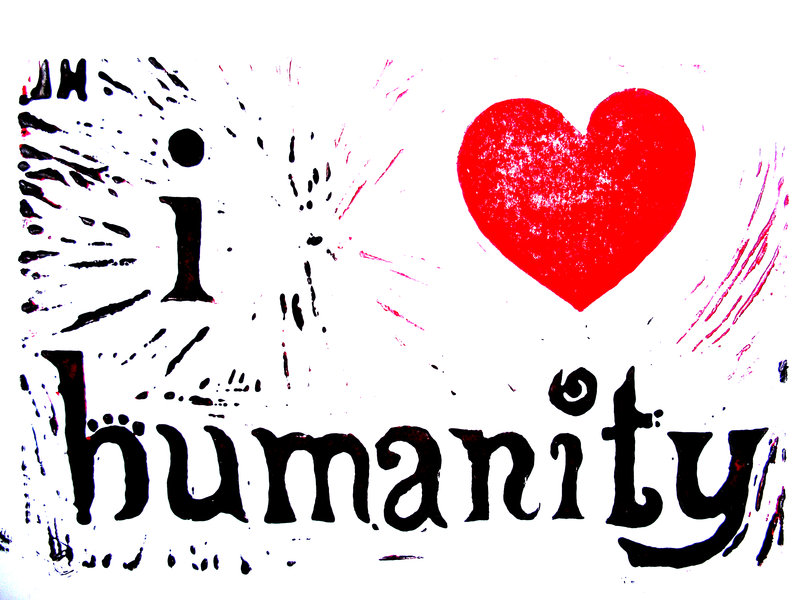
 responses, L’Oreal shares the definition of philanthropy as “love of humanity”. To close our April theme of Philanthropy and Giving, I want to delve into this definition. When we think about donating money, time, and resources, what does love got to do with it?
responses, L’Oreal shares the definition of philanthropy as “love of humanity”. To close our April theme of Philanthropy and Giving, I want to delve into this definition. When we think about donating money, time, and resources, what does love got to do with it?